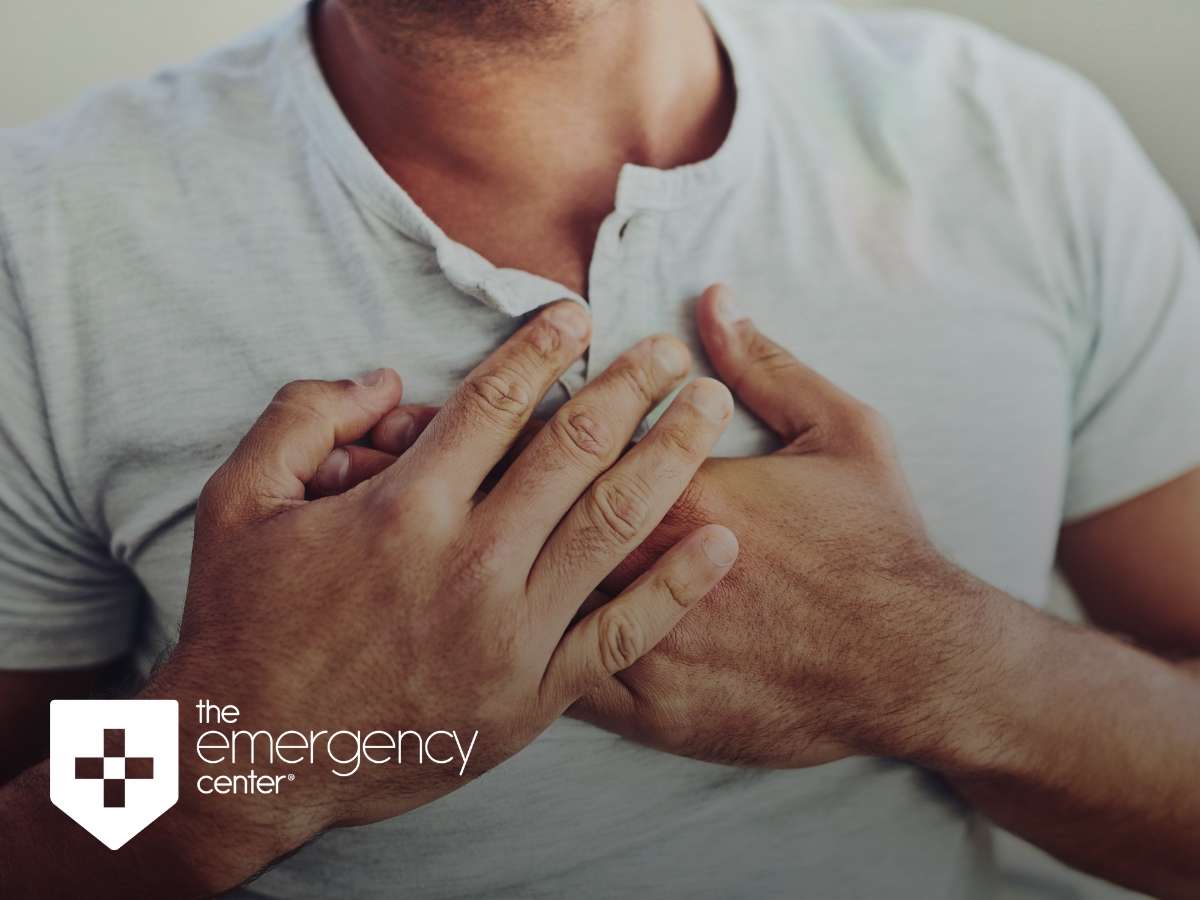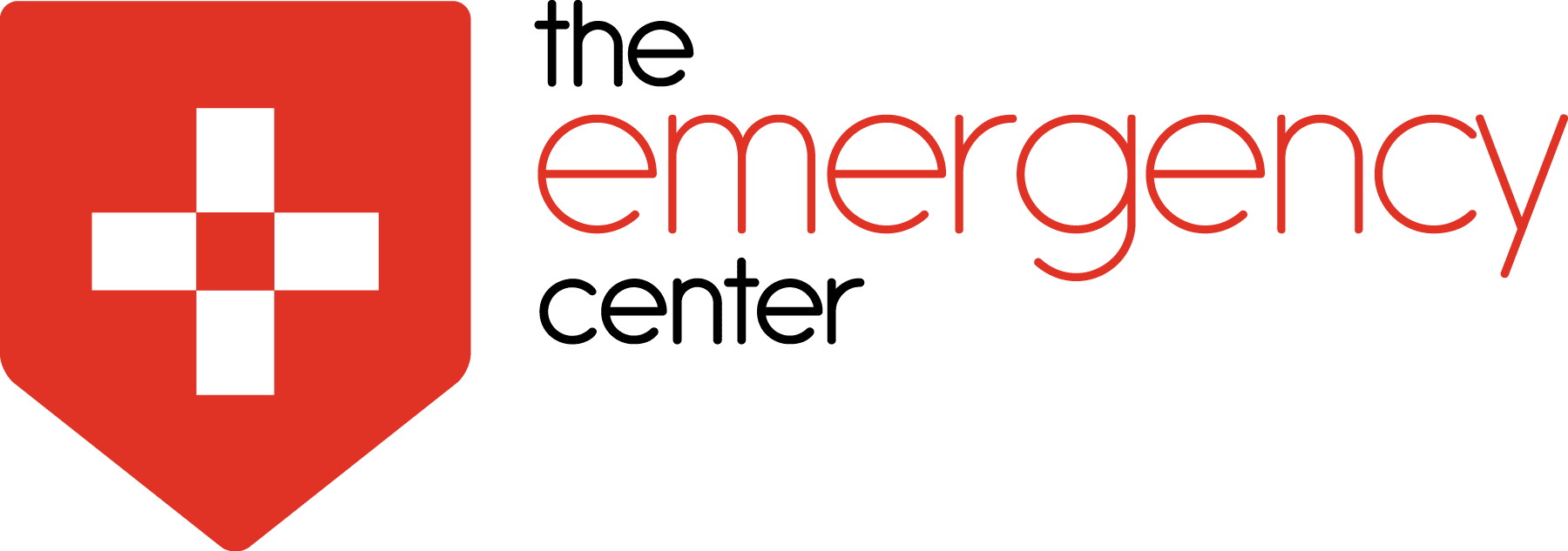Which Symptoms of Congestive Heart Failure Need an ER Visit?
Identifying Severe CHF Symptoms for Emergency Care
Congestive heart failure (CHF) is a chronic condition that affects the pumping power of your heart muscles. While it’s termed “heart failure,” it doesn’t mean the heart has stopped working. Instead, it means the heart isn’t pumping blood as well as it should. CHF can result from various conditions that have damaged the heart, including coronary artery disease, heart attack, and hypertension. Understanding the symptoms of CHF that necessitate an emergency room (ER) visit is crucial for managing this condition effectively. Here, we’ll delve into these critical symptoms and discuss when to seek immediate medical attention.

Emergency Warning Signs for Congestive Heart Failure Patients
Severe Shortness of Breath
If you experience severe difficulty breathing or shortness of breath at rest or with minimal exertion, it may indicate that your heart is unable to pump effectively. This can lead to fluid buildup in the lungs, known as pulmonary edema, a life-threatening condition that requires immediate medical intervention.
Chest Pain
Chest pain in someone with CHF could signal a heart attack or acute worsening of heart function. If you have CHF and experience chest pain that is new, worsening, or different from your usual heart failure symptoms, it’s critical to go to the ER immediately.
Rapid or Irregular Heartbeats
While palpitations can be common in people with heart failure, a sudden increase in the frequency or irregularity of heartbeats, especially if accompanied by dizziness, fainting, or severe shortness of breath, warrants an urgent medical evaluation.
Sudden Weight Gain
Gaining several pounds in a day or more than 3-5 pounds in a week without a change in diet can be a sign of fluid retention, indicating worsening heart failure. This requires prompt medical attention to adjust medications and prevent further complications.
Swelling in the Legs, Ankles, or Abdomen
Significant swelling or edema in these areas suggests that your heart’s ability to pump blood is declining, causing fluid to accumulate in the tissues. If the swelling is sudden or significantly worse, it’s time to visit the ER.
Extreme Fatigue or Weakness
Feeling unusually tired or weak, to the point where performing daily activities becomes difficult, can be a sign that your heart is not pumping efficiently. If this fatigue is sudden and severe, it’s important to seek medical care immediately.
Persistent Cough or Wheezing with White or Pink Blood-Tinged Phlegm
A chronic cough or wheezing producing white or pink mucus can indicate fluid accumulation in the lungs. If this symptom is new or worsening, it could be a sign of pulmonary edema.
Managing congestive heart failure requires careful monitoring of symptoms and recognizing when they indicate a need for emergent care. Symptoms such as severe shortness of breath, chest pain, rapid or irregular heartbeats, sudden weight gain, significant swelling, extreme fatigue, or a persistent cough with phlegm are all red flags. If you or someone you know with CHF experiences these symptoms, it’s critical to seek immediate medical attention by visiting the ER. Early intervention can be lifesaving and can prevent the progression of heart failure. Always consult with your healthcare provider for guidance tailored to your specific condition and symptoms.
The Emergency Center is well-equipped to provide rapid diagnosis and effective treatment for patients experiencing symptoms of congestive heart failure (CHF). With advanced medical technology and a team of highly skilled healthcare professionals, we can offer immediate attention to those in need. Our capabilities include advanced imaging and laboratory tests to accurately diagnose CHF, as well as emergency interventions to manage acute symptoms and prevent complications. From administering medications to reduce fluid buildup and improve heart function, to providing oxygen therapy and continuous monitoring, The Emergency Center ensures that patients receive comprehensive care tailored to their specific condition.

The Emergency Center
San Antonio
11320 Alamo Ranch Pkwy
San Antonio, TX 78253
Phone: 210-485-3644
Conroe
4019 I-45 N,
Conroe, Texas 77304
Phone: 936-247-9457
